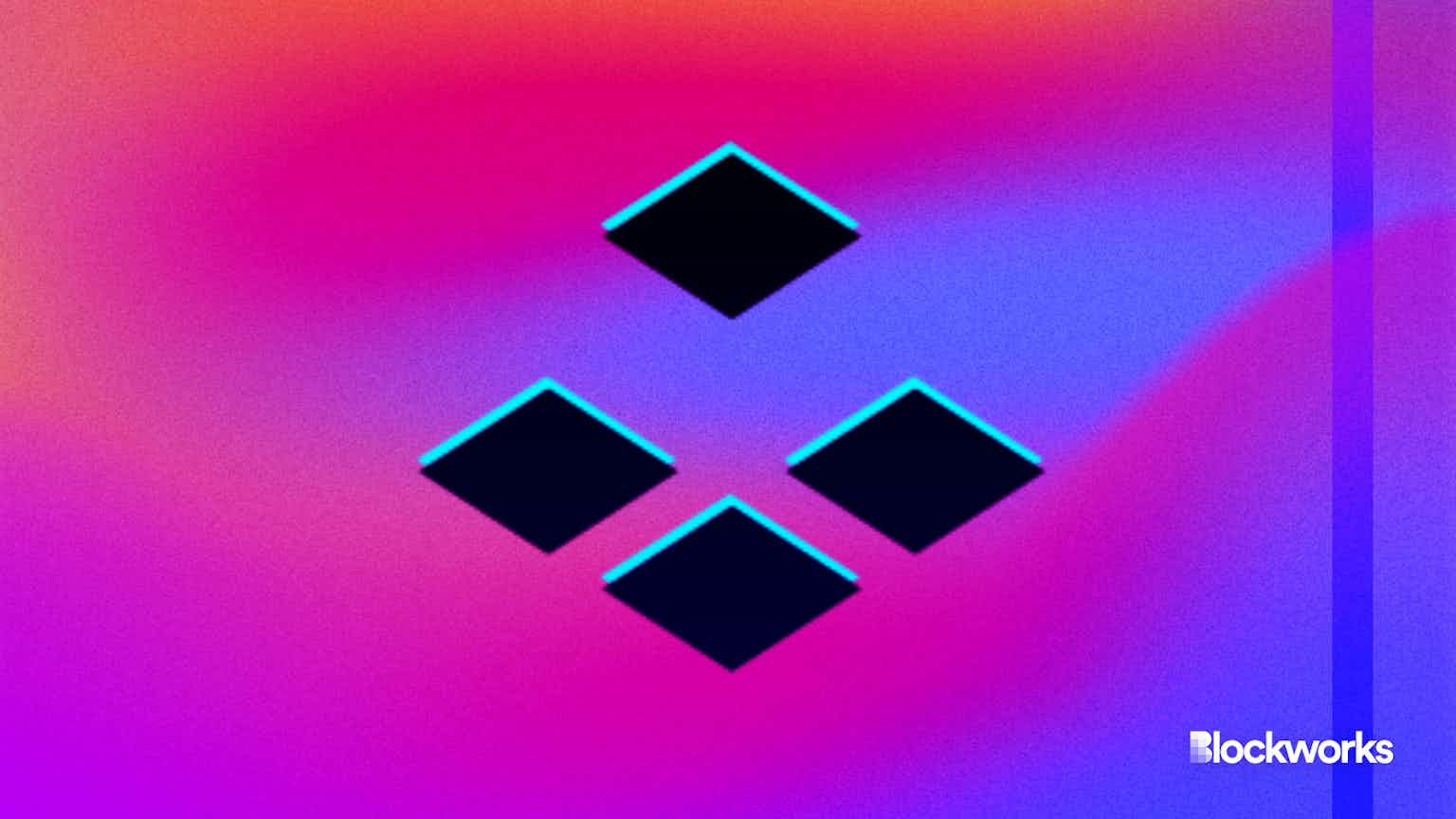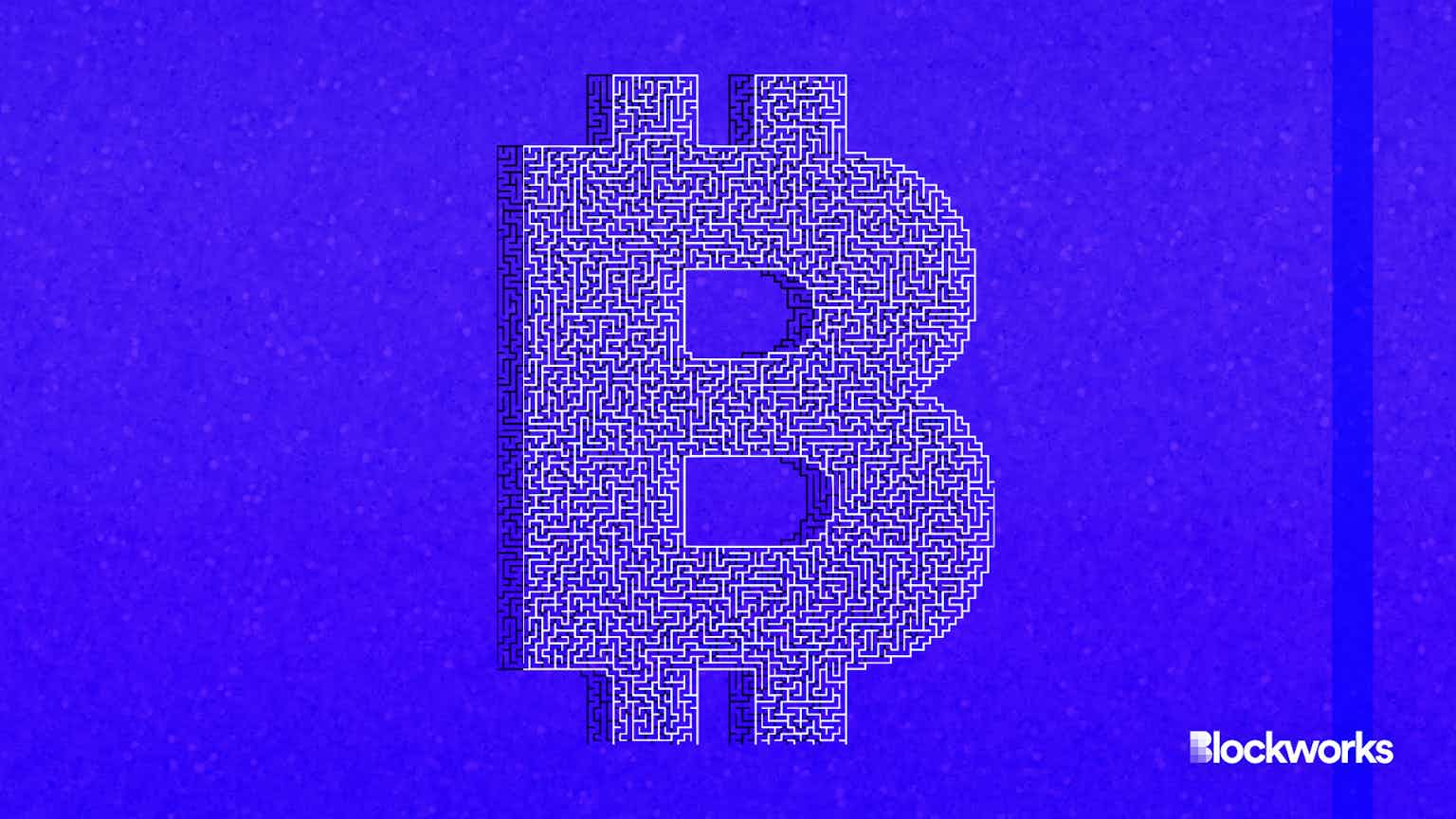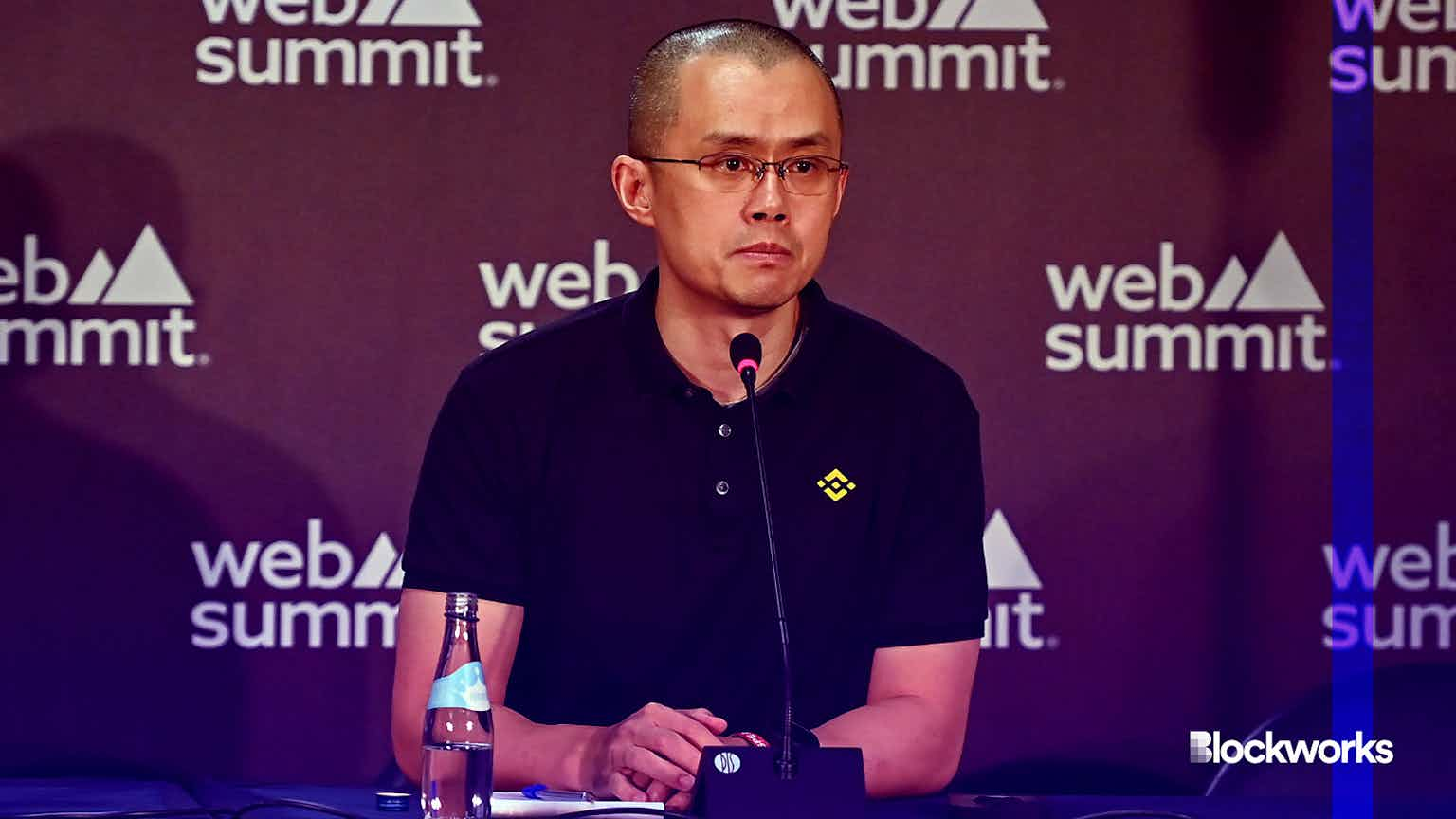Startup Focused On No-fraud Crypto Payments Raises $51M
Sardine intends to use the capital to accelerate development of its compliance platform, instant settlement offerings

Sardine co-founders (left to right) Aditya Goel, Soups Ranjan and Zahid Shaikh | Source: Sardine
key takeaways
- Google Ventures, Visa and ConsenSys are among investors in the round led by Andreessen Horowitz’s Growth Fund
- Sardine’s instant settlement offering allows users to purchase roughly 30 cryptoassets or NFTs
A platform focused on combating fraud via instantaneous crypto transactions has raised $51.5 million of venture funding, earmarked to aid the startup in rolling out new products more quickly.
Founded in 2020, Sardine supports application programming interfaces (APIs) for payments, fraud and compliance, as well as instant settlement for crypto and NFT transactions.
Venture capital firm Andreessen Horowitz’s Growth Fund led the Series B round. Other investors included XYZ, Nyca Partners, Sound Ventures, Activant Capital, Google Ventures, Visa, The General Partnership, NAventures, ING Ventures, ConsenSys, Cross River Digital Ventures, Alloy Labs and Uniswap Labs Ventures.
A spokesperson declined to specify Sardine’s new valuation.
Sardine raised $4.6 million in a seed round in March 2021, marketing itself as an alternative to banking-as-a-service platforms such as Plaid, Synapse and Marqeta. The company said at the time its fraud detection platform identifies bad actors by combining data around browser fingerprinting, mobile device attributes, network traffic, sensor data and user behavior.
The Federal Trade Commission (FTC) said in June that from January 2021 through March 2022, more than 46,000 people reported losing more than $1 billion in crypto due to scams.
“Sardine’s fraud-fighting technology helps move money fast and without risk, and their rapid growth is a testament to the criticality and strength of their offering,” Alex Immerman, a partner on the a16z Growth Fund, said in a statement.
ACH (Automated Clearing House) is the primary payment method for paying taxes, employees and suppliers. The ACH Network moved 7.5 billion payments in the second quarter of 2022, according to Nacha data.
Sardine’s instant settlements allow an instant ACH and card on-ramp to crypto, enabling customers to purchase roughly 30 cryptoassets or NFTs.
The company’s team built fraud prevention and compliance infrastructure for Coinbase, Revolut, Uber, PayPal and Zelle. Alfarida Mohammed, FTX’s senior vice president of compliance, said in a statement that the crypto exchange uses Sardine’s technology to help protect its crypto traders.
“Our mission is to enable safer, faster payments in a seamless experience across financial institutions, fintechs, and crypto companies — built on our risk platform,” Sardine CEO Soups Ranjan told Blockworks. “Part of our Series B funding will be used to accelerate the development of our card and instant ACH to crypto on-ramp and NFT Checkout products.”
Before founding Sardine, Ranjan was head of crypto at financial app Revolut. Prior to that, he spent nearly four years as director of data science and risk at Coinbase.
Large financial institutions have in-house versions of fraud, identity or payments units. Other firms, such as Elliptic, TRM Labs and Mastercard subsidiary CipherTrace offer solutions in one or more of these realms.
But Andrew Steele, a partner at Activant Capital, said in a statement Sardine is a rare example of a platform combining fraud, identity and payments solutions.
“As they unlock instant payments across fintech and crypto, they’re uniquely positioned to build a leading payments network of the future,” Steele said.
Start your day with top crypto insights from David Canellis and Katherine Ross. Subscribe to the Empire newsletter.





